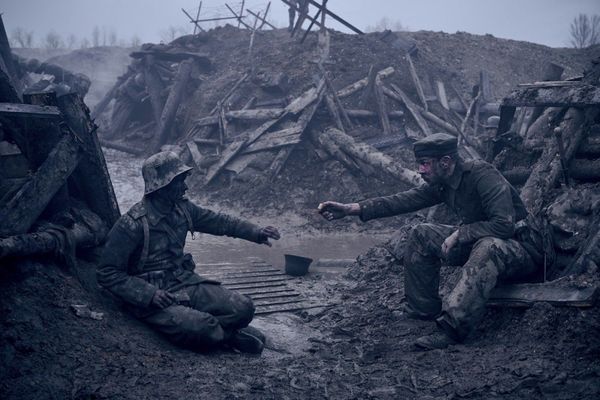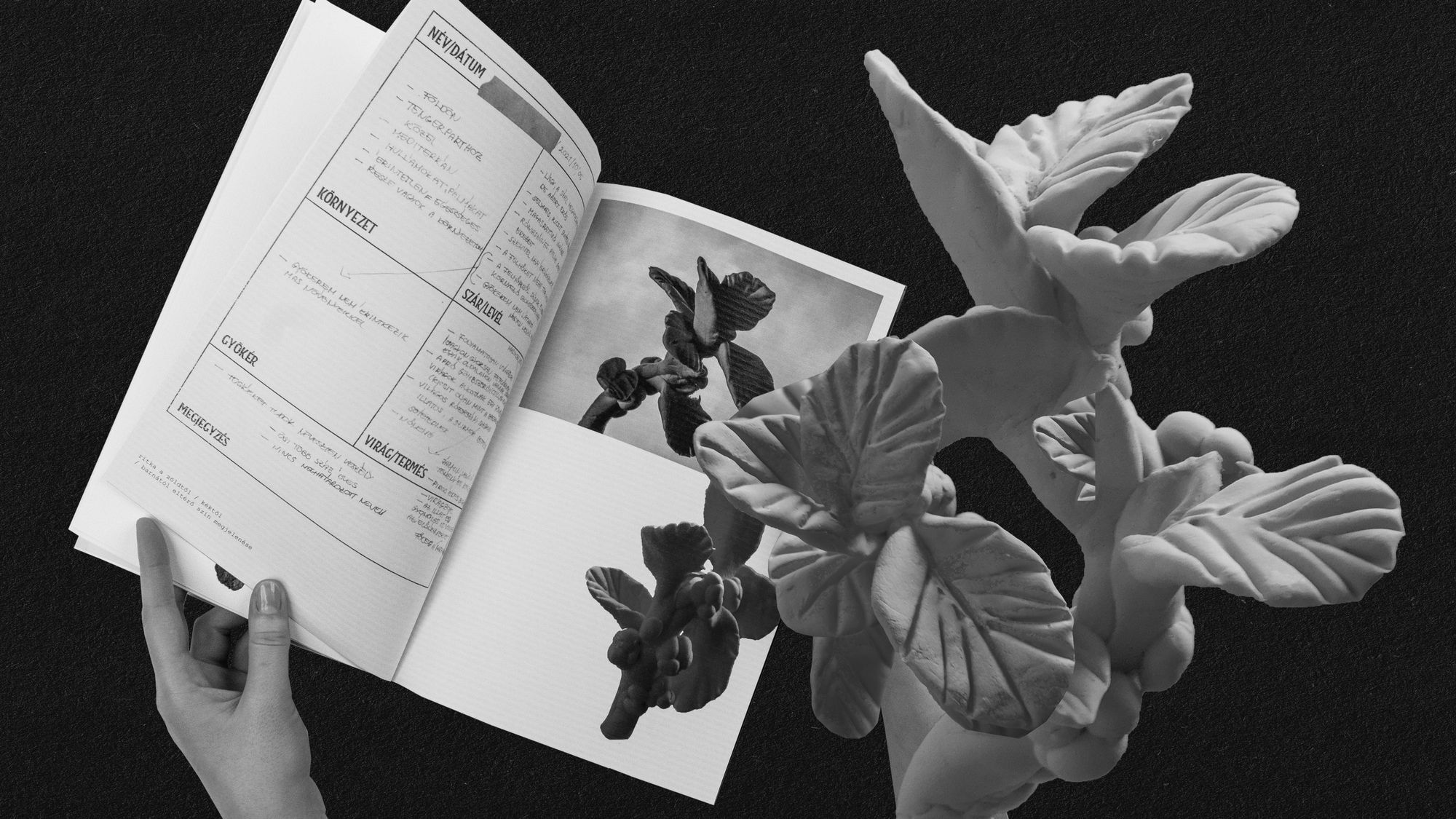Although the question in the title is pure speculation, Hungarian graphic designer Soma Gonda believes it could prove to be a useful method of sensitization in the future. What is Plantropomorph and what can we learn from it?
Soma Gonda is currently a Master’s student at the Moholy-Nagy University of Art and Design. While writing his thesis on the relationship between visual perception and memory, he also works as a freelance graphic designer. His work is primarily inspired by the possibilities of manual techniques and print media, while his comfort zones include figurative illustration and abstract calligraphy.
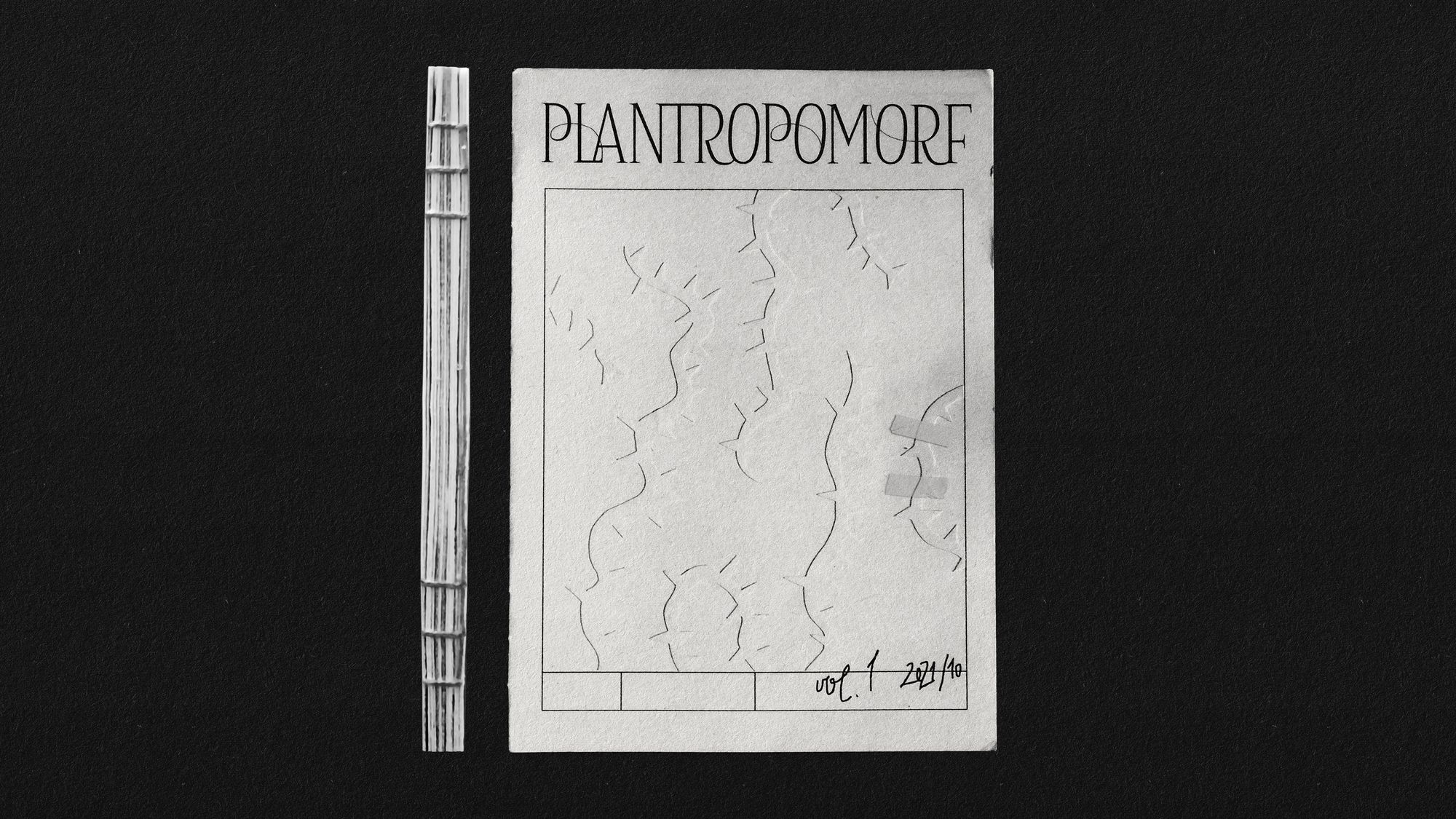
As Soma explains, the world of plants was not very close to him until he had to redefine the concept of the ‘garden’ and its role in contemporary society during a semester assignment at the university. He then began to read various botanical books about the relationship between humans and plants: “I found it interesting that we are not able to get closer to the plant world because we don’t see them as living beings. And if we do, we anthropomorphize them, which obscures their true physiological properties, which are different from human physiology. This gave me the idea for the Plantropomorph project, which is a way of reversing the typical human-centric view,” he pointed out.
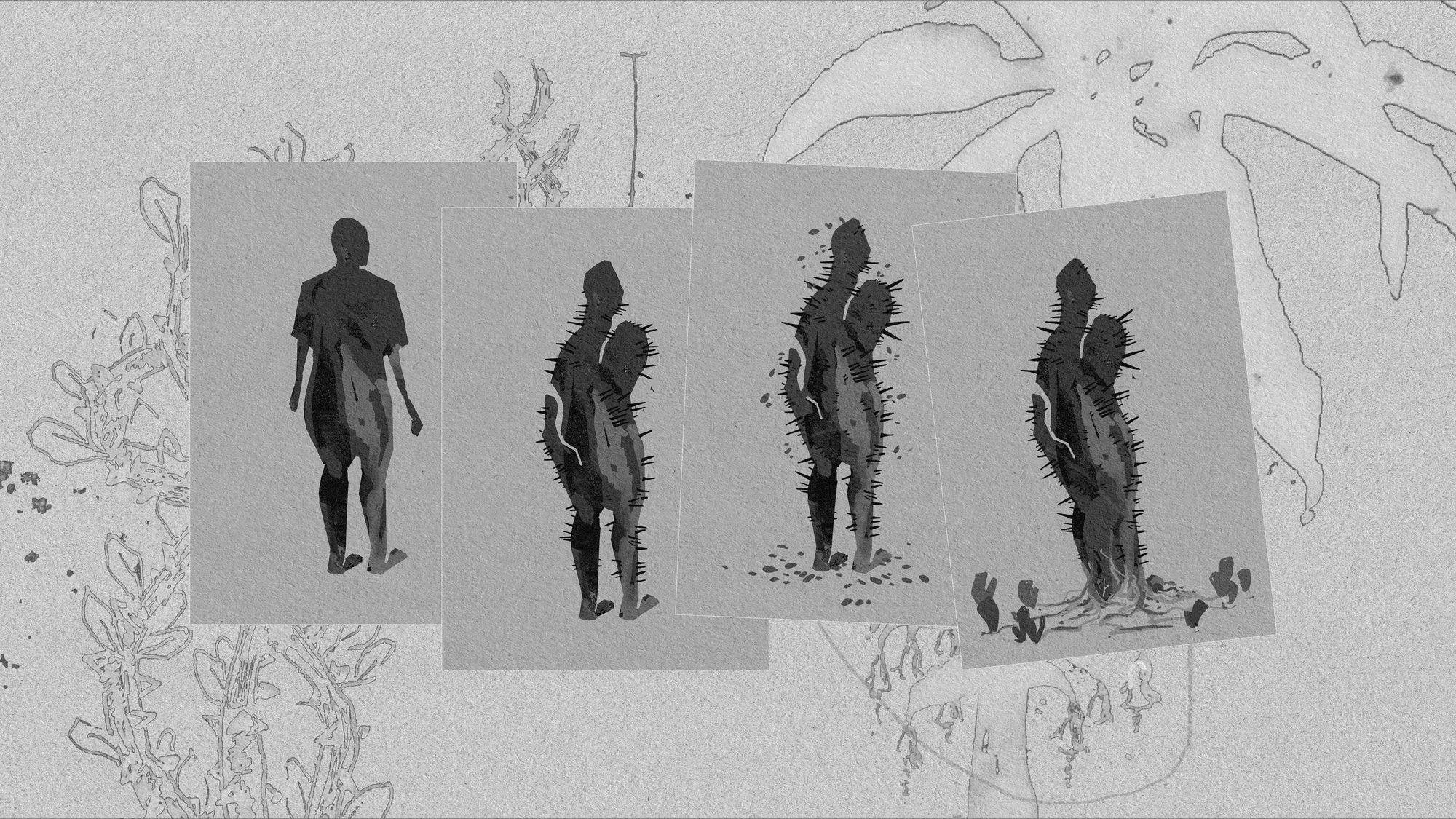
Soma’s visual project is therefore looking for an alternative to the anthropomorphic worldview in the plant world—or, as he calls it, offering a plantropomorphic perspective that can help us learn from plants. To achieve this, he has embarked on speculative research, or if you like, a sci-phi (science-philosophy) approach. “The aim of the project is to sensitize people to a future in which we will have to coexist with plants in a much more reflective way. Speculative fiction has always had the function of pointing the way towards a better future, so I designed an interview process in which each participant has to imagine themselves as a plant—with all its needs, history, and living conditions,” he explained.
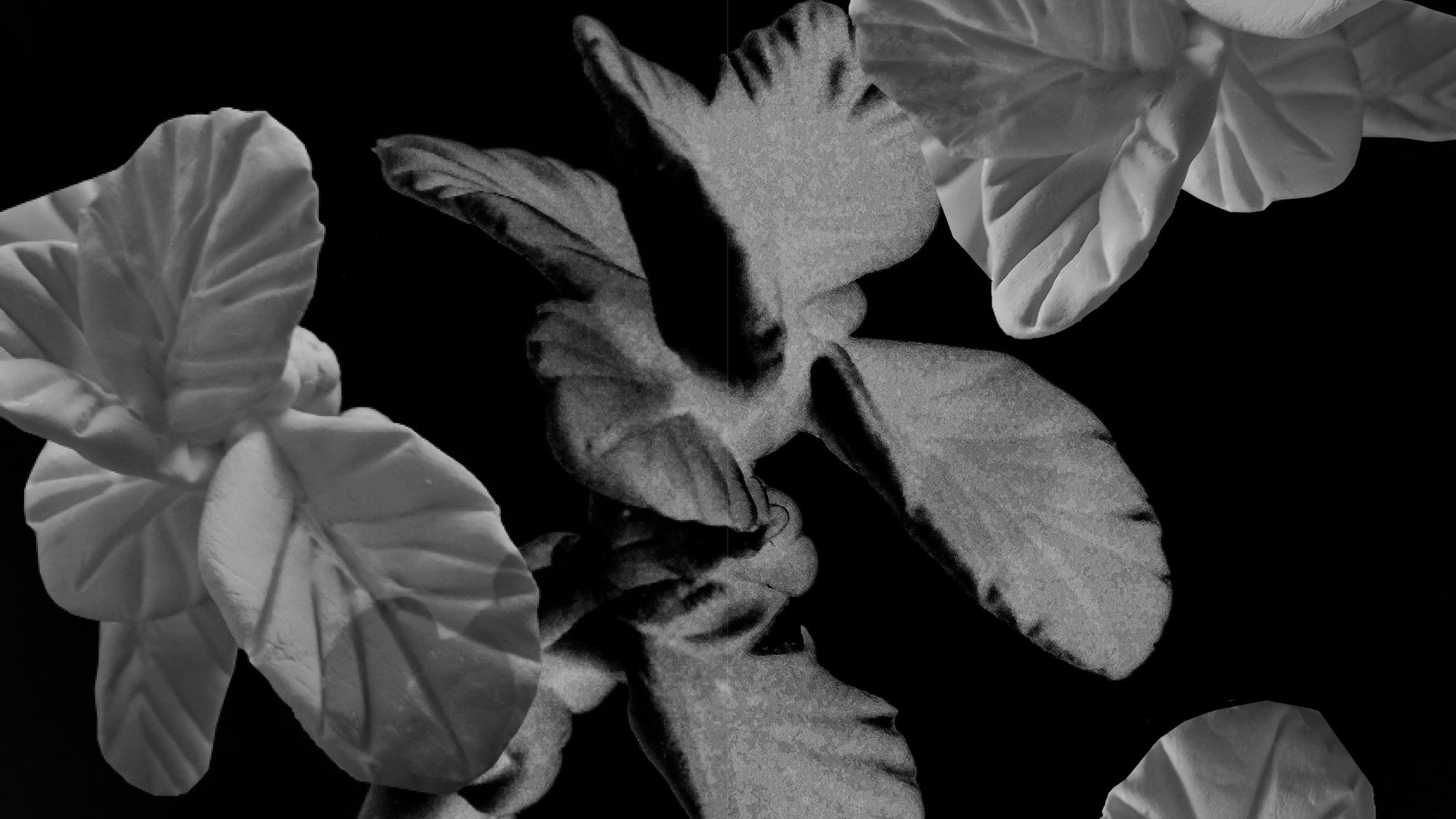
“I led each session with the question ‘If you ever woke up as a plant, what kind of plant would you be?’ Then, based on the research sources, I put together a fifty-item questionnaire covering the physical appearance, physiological needs, and spatial and temporal location of the plant lookalikes. Everyone was given a simple template on which to record their answers. I specifically asked participants not to stick to plant characteristics they knew or considered to match reality but to write down anything that reflected them,” he detailed. And the fictitious plants created based on of the series of questions were then brought to life by Soma using a variety of techniques to further enhance the experimental nature of the work: illustrations included traditional graphite sketches, models made of plasticine and found materials, photomontage, digital painting, and collage. In addition most of the images were created in a short time, less than an hour, making them highly impressionistic, sometimes a little mystical, depicting only some elementary features of the plants.
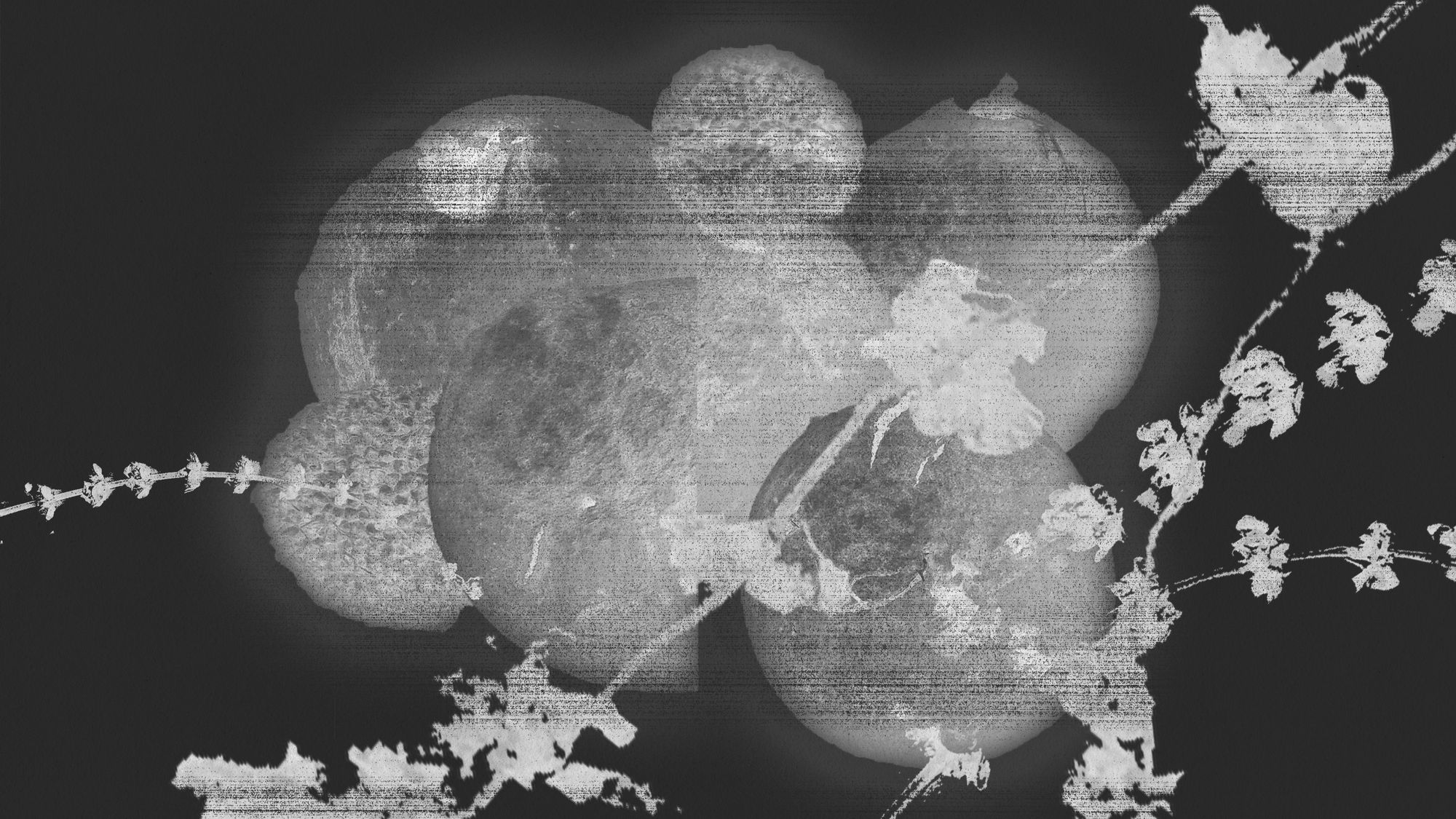
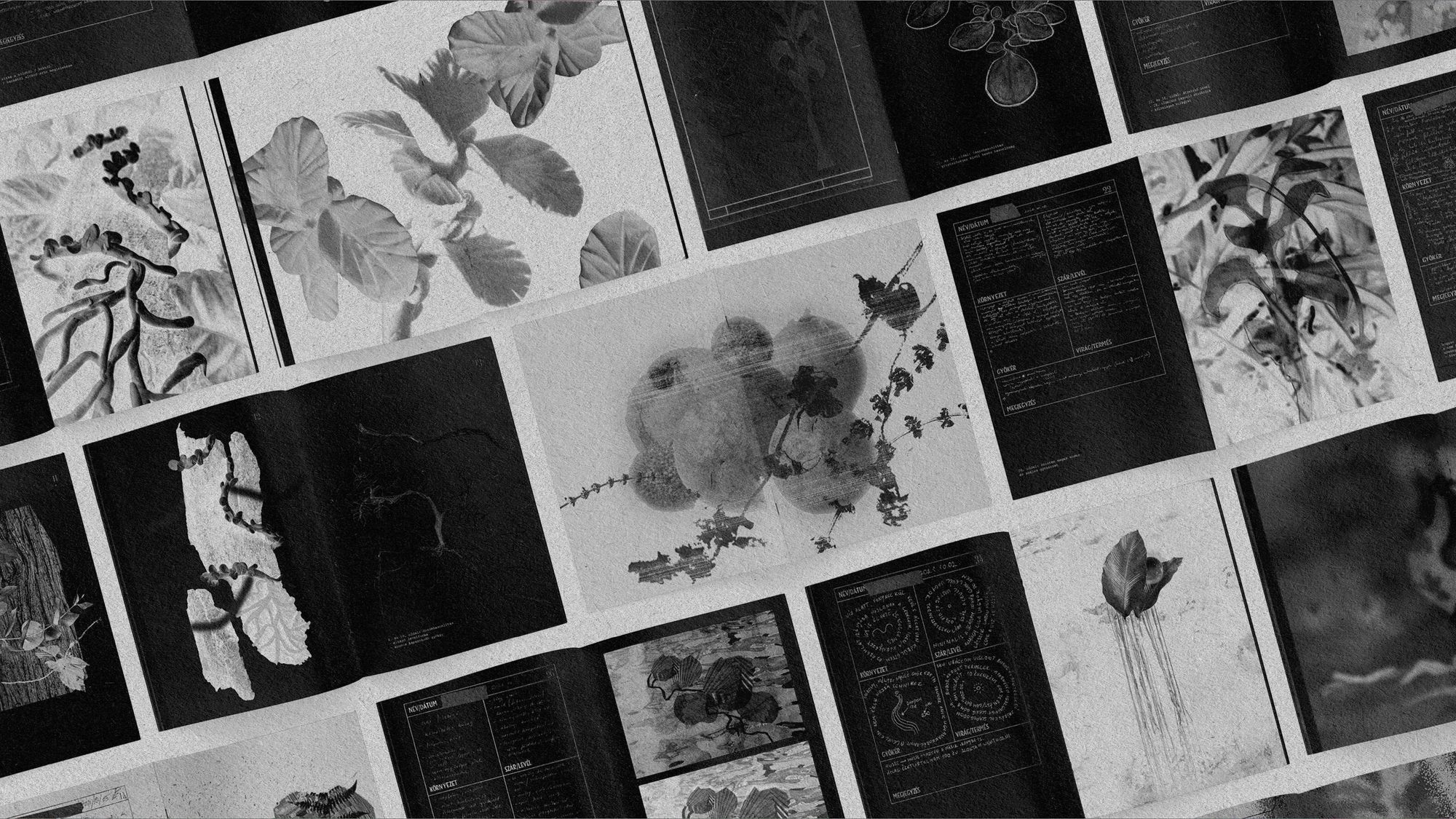
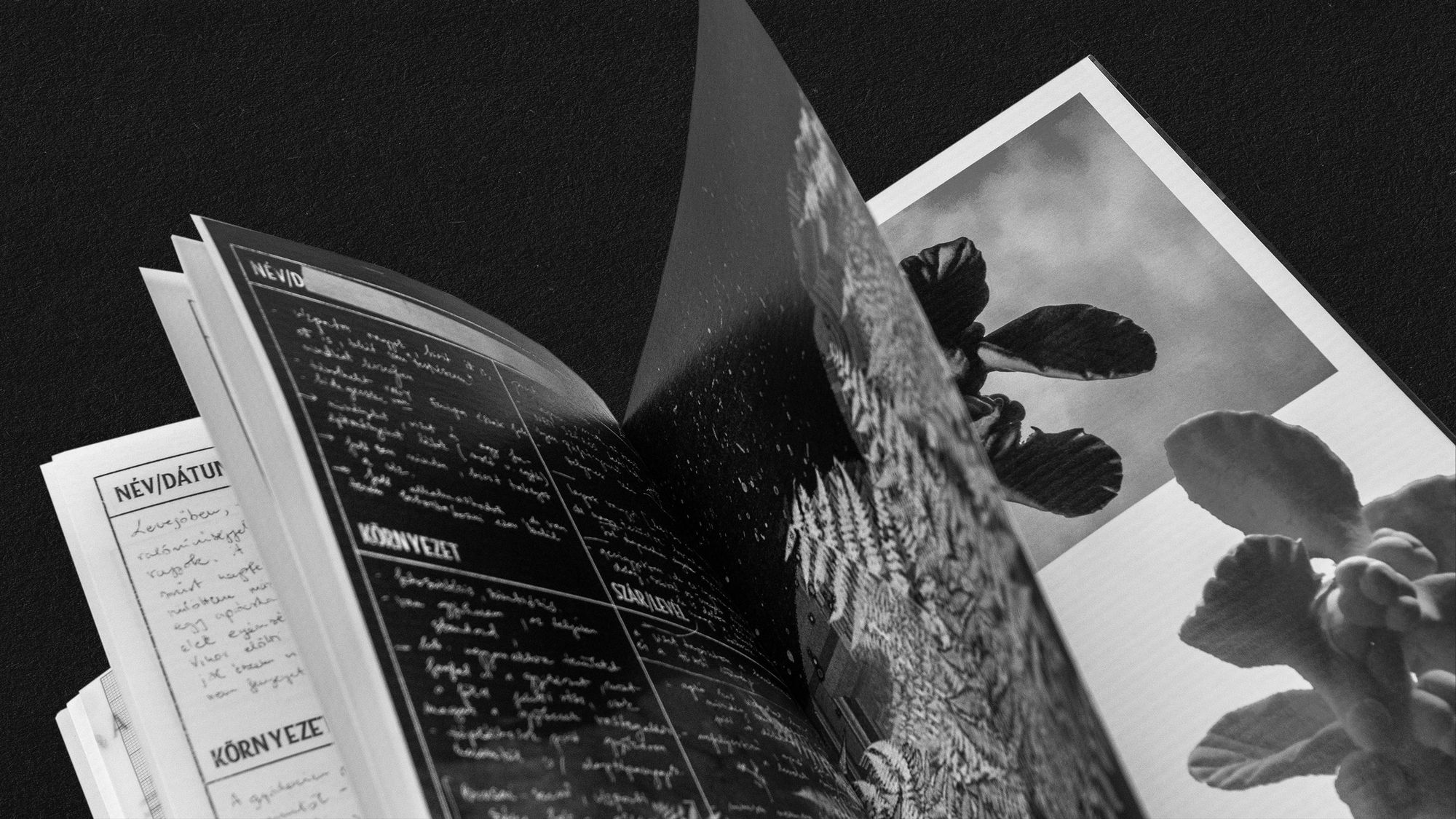
For now, Soma’s visual experimentation exists in the form of a publication, but he wants to continue his research and take it to the next level. Recently, he had the opportunity to try out the interview process he developed in a workshop setting as part of a community experience in the K11 LABOR space in Budapest.
Soma Gonda | Instagram
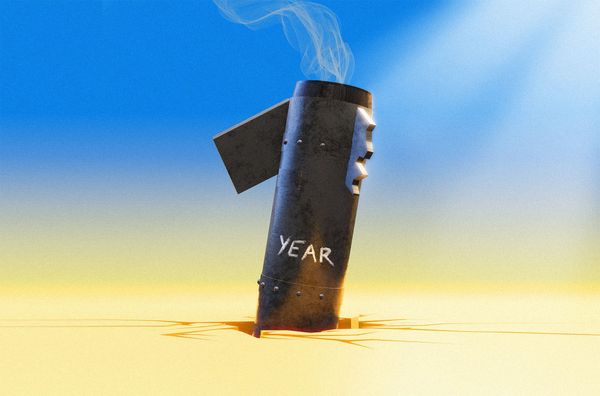
Reflections on the war’s first anniversary
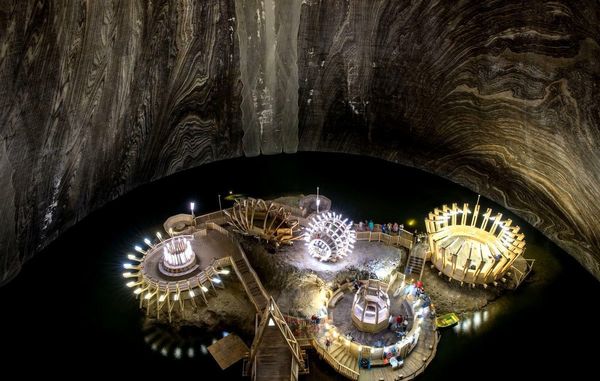
Sometimes you need to dig deep for a spectacular view | TOP5
